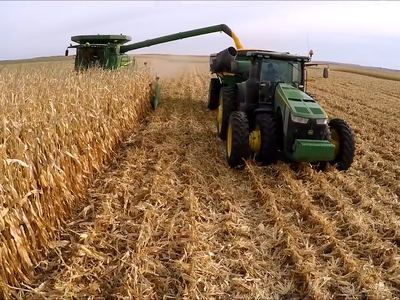Boeing Plant Closing & Florida Cold Snap
Boeing Plant Closing & Florida Cold Snap plus Food Forethought. I’m Greg Martin with today’s Northwest Report.
Call it global warming or whatever but my friends down in Florida have been complaining on Facebook about their cold temperatures. Come on is 65 really cold? Well farmers in Florida have been keeping an eye on the weather and according to Brad Rippey, USDA meteorologist, there have been some reports of minor damage to the fruit crop.
RIPPEY: There are some limited early reports of ice in the fruit suggesting that temperatures did drop into the mid-20’s for several hours but I think when the final reports are in that’s going to be just that, isolated reports.
Nearly 20 years ago my family moved to the northwest from Wichita, Kansas where I knew many people who made their living working at Boeing. Yesterday, the Boeing Co. made the announcement that it plans to close its massive defense plant in Wichita by the end of 2013 in a bid to cut costs in a tight market for defense spending. What is devastating to Kansas will be a boon to Washington State as much of the work done will move to Washington along with plants in Texas and Oklahoma. For years Wichita has called itself the air capital of the world.
Now with today’s Food Forethought, here’s Lacy Gray.
Looks like scientists are getting closer to discovering the real cause behind colony collapse disorder, a phenomenon where worker bees abruptly disappear from their prospective hives, and it doesn’t appear to be crop treatments or cell phone towers. Since 2006 honey bee colonies worldwide have drastically declined. With bees being of primary importance for the pollination of agricultural crops scientists have been working to discover the cause of the syndrome. Now, out of sheer happenstance, a biology professor in California collecting dead bees around his university for another project discovered strangely enough a parasitic fly larva emerging from the dead bees. Stranger yet is that scientists hadn’t considered this particular parasitic fly as the culprit in honey bee colony collapse disorder since it had already been previously documented as parasitizing bumblebee and paper wasp populations. Scientists are also wondering now if this parasitic species of fly isn’t also spreading other parasites and viruses into bee hives as well. It certainly seems to be one of those “well duh” moments for science, but better late than never for the bees.
Thanks Lacy. That’s today’s Northwest Report. I’m Greg Martin on the Ag Information Network.















